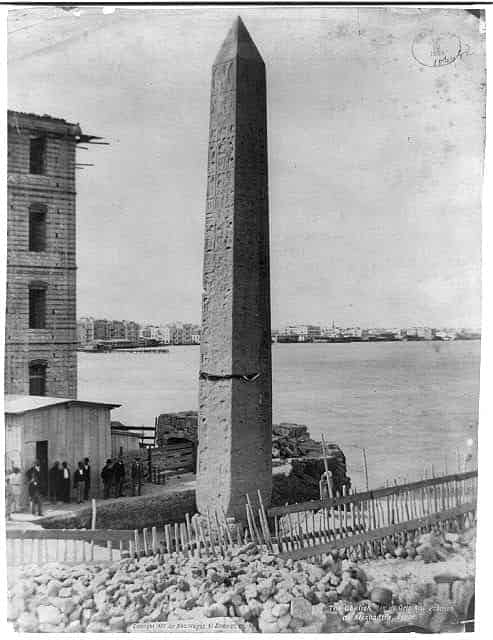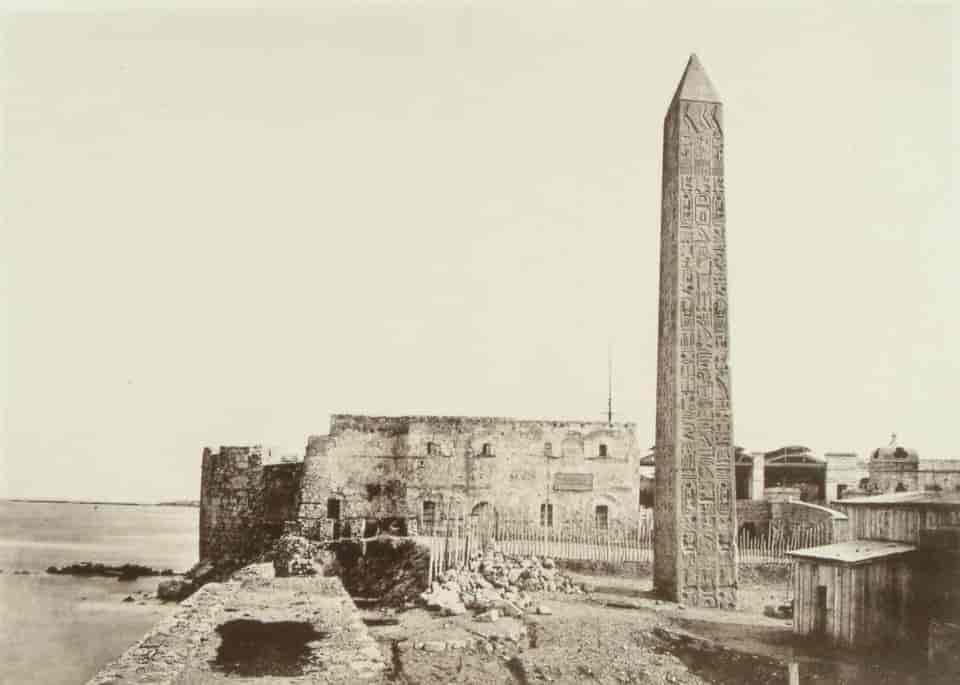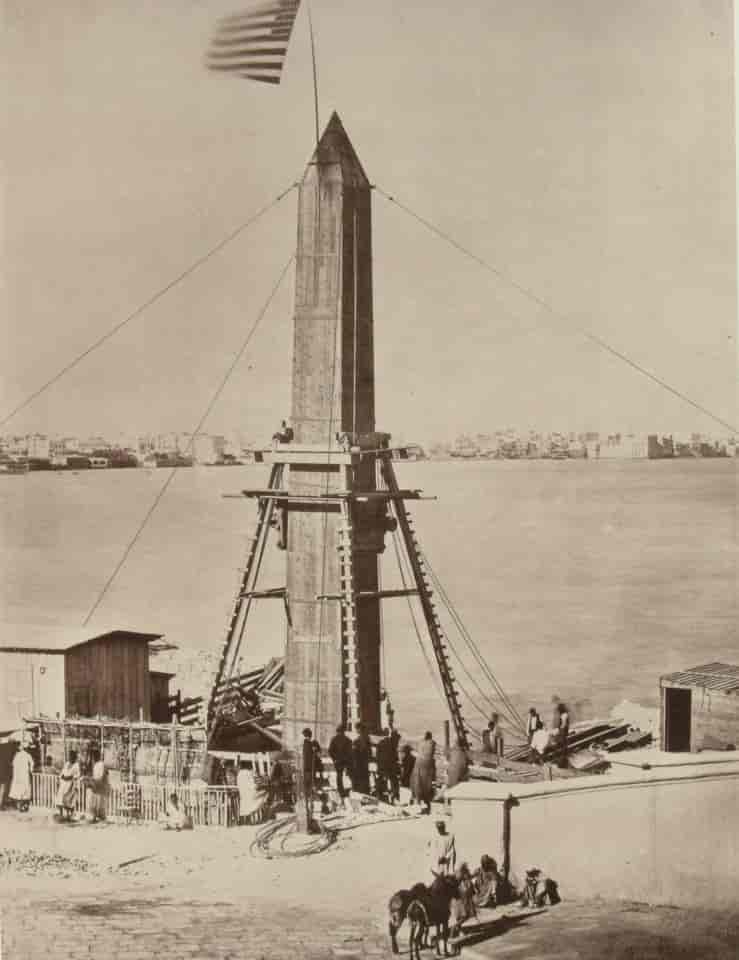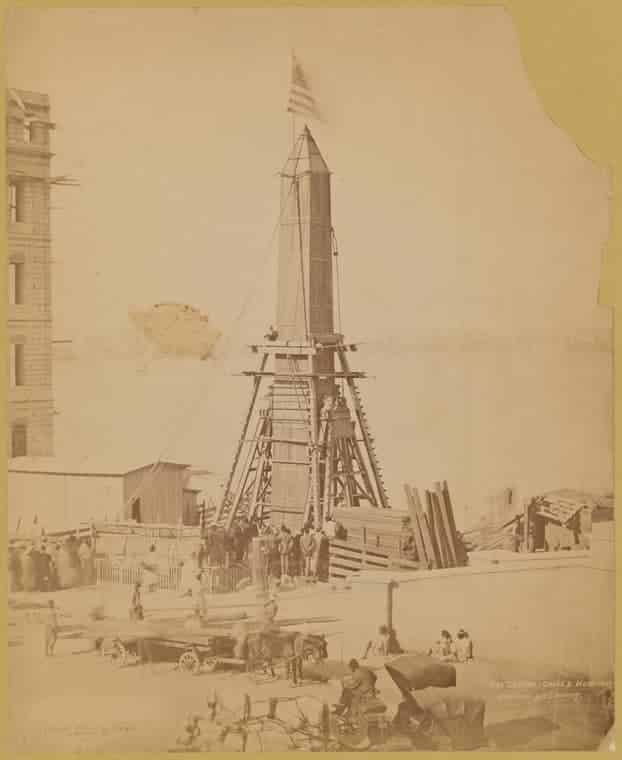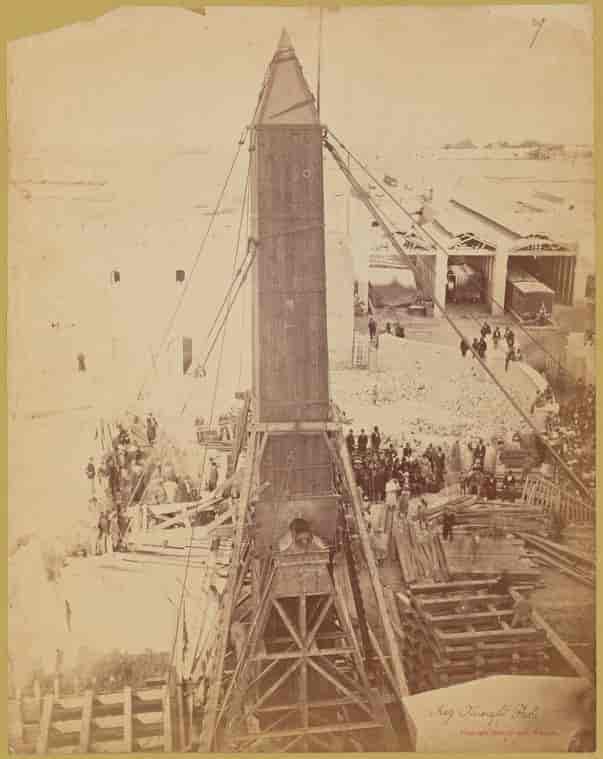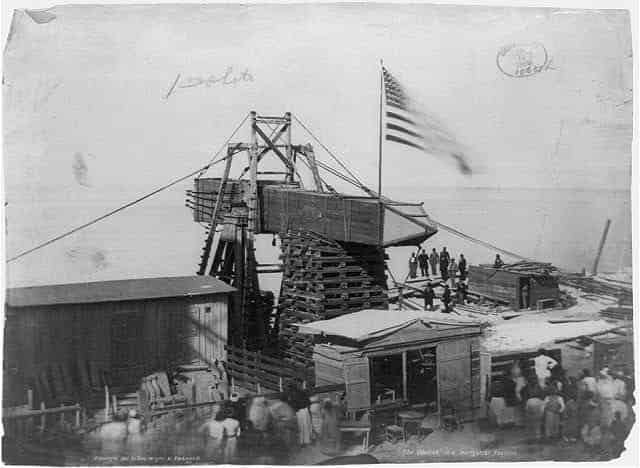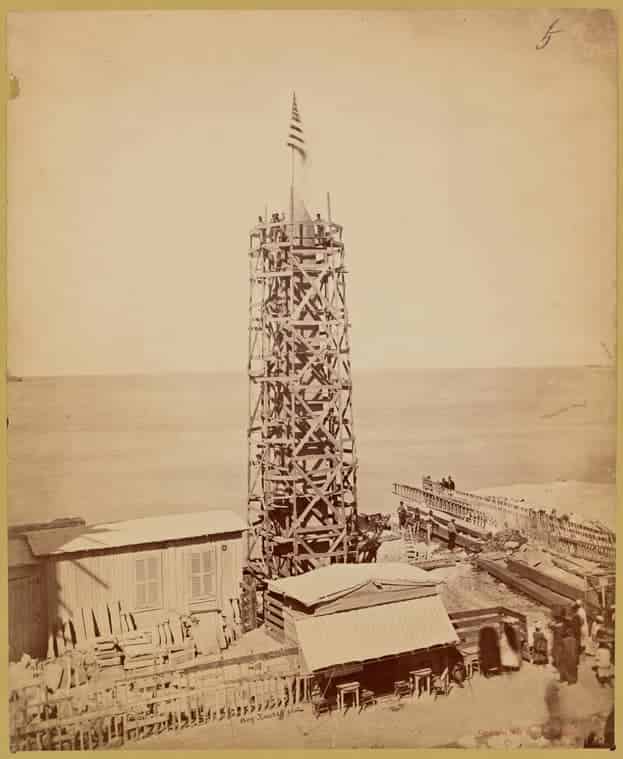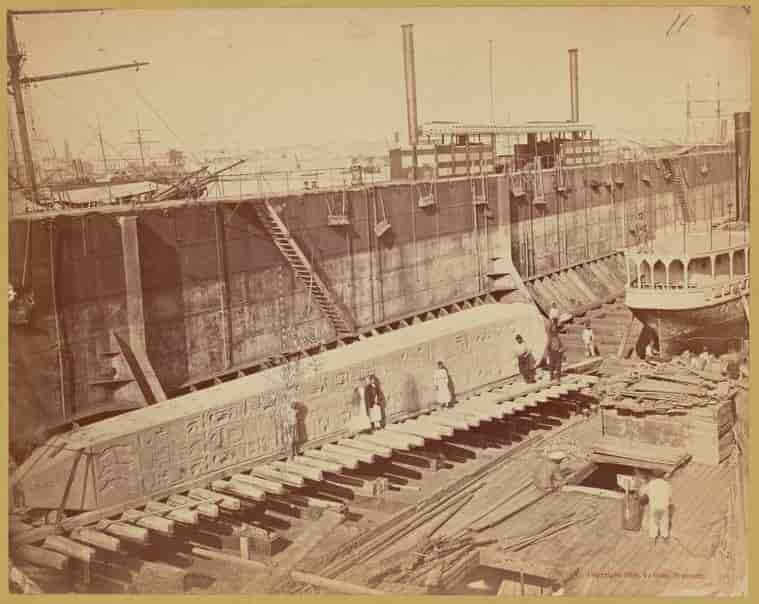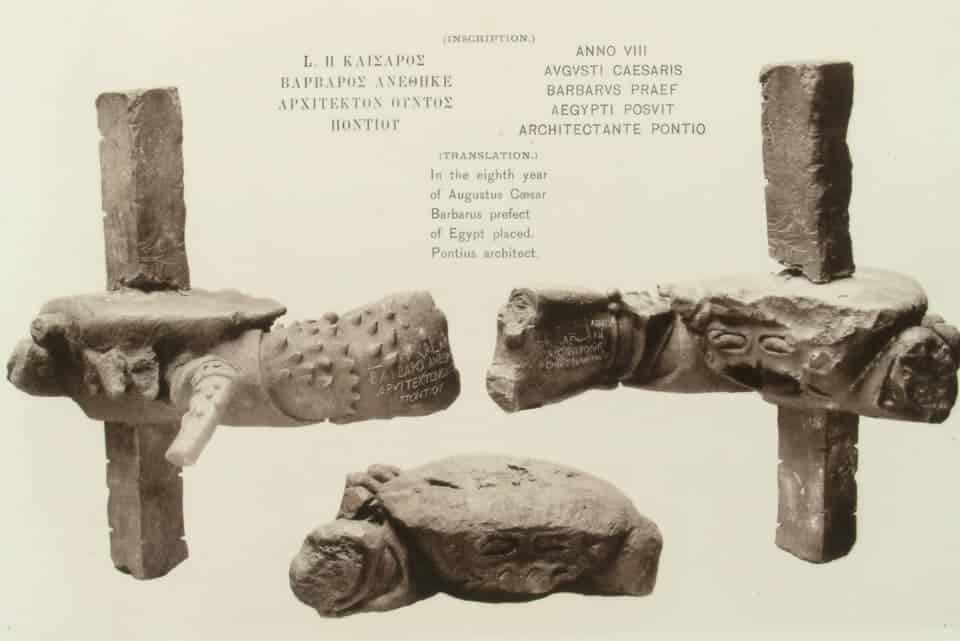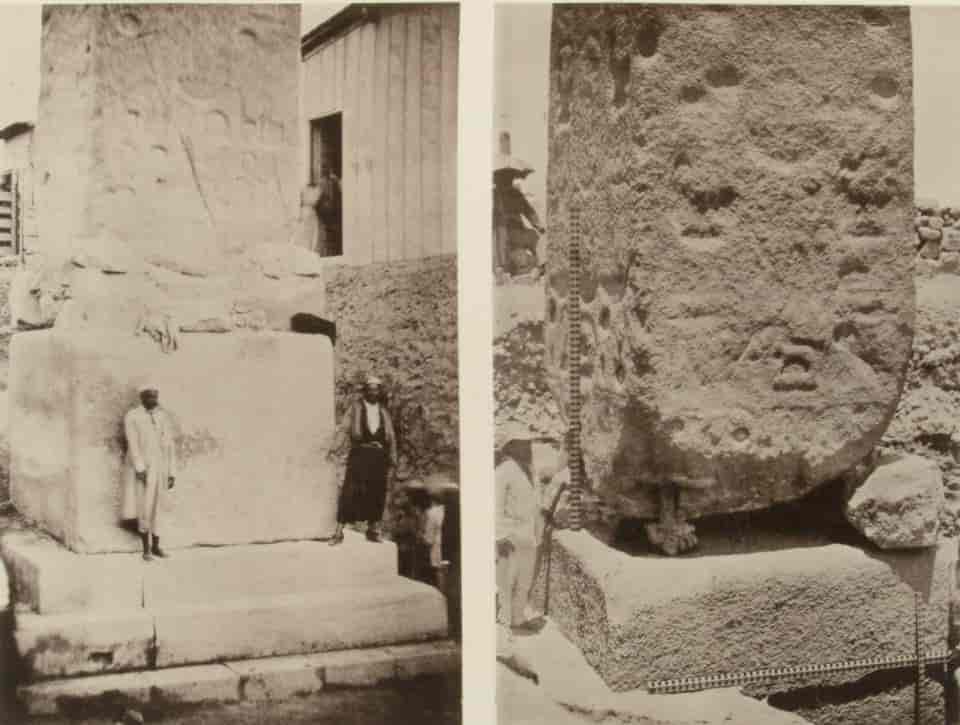Many Egyptian treasures are kept in the British city of London , and not only in the rooms of its British Museum. Also in the streets we can find true jewels of Egyptian art, such as one of the best known, the so-called Cleopatra‘s Needle ( Cleopatra’s obelisk ).
It is about a pair of obelisks that were ordered to be built and sculpted by Thutmose III during the 15th century BC, being erected in the ancient city of Iunu, the famous “Heliopolis”.
Later, they would be transferred to the city of Alexandria as they meet the demand of the Roman Emperor Augustus.
The pair of obelisks stood at the entrance to Caesareum, a temple that Cleopatra VII had built for her beloved Mark Antony and that Augustus rehabilitated for the imperial cult.
It would not be until the 19th century when the pieces were taken to London and New York. Despite the mistake that its name could lead us to, the truth is that the obelisks have nothing to do with the famous Egyptian queen Cleopatra.
Made of red granite, from the quarries of Aswan, and sculpted with hieroglyphs, each one of them measures around 21 meters in height and weighs around 180 tons.
As for the London “obelisk”, it is located in Westminster and was a gift that Muhammad Ali made to the city of London to commemorate the victories of Admiral Nelson in the Battle of the Nile.
However, and although the British government appreciated the present, it refused to finance the cost of its transfer, so the obelisk remained in Alexandria until 1877.
As for the obelisk that is on the other side of the Ocean, in New York, it is located in Central Park and was donated by Isma’il Pasha (Khedive of Egypt and from 1863 to 1879) after the opening of the Suez Canal in 1869 with the aim of promoting trade relations between both countries. . The “needle” was permanently installed in the park in 1881.
